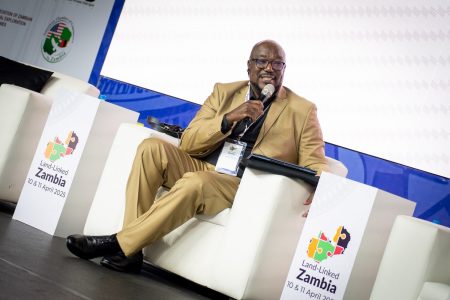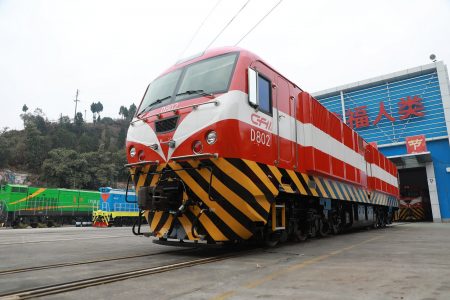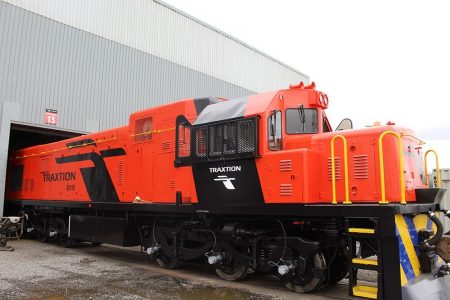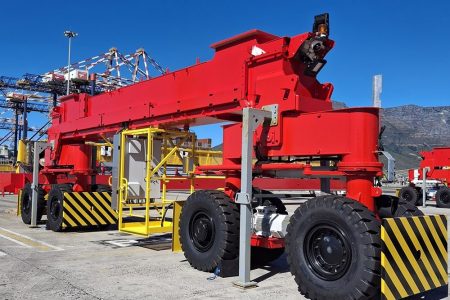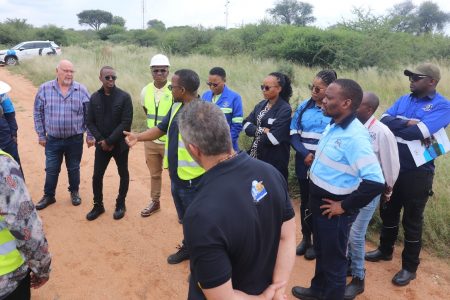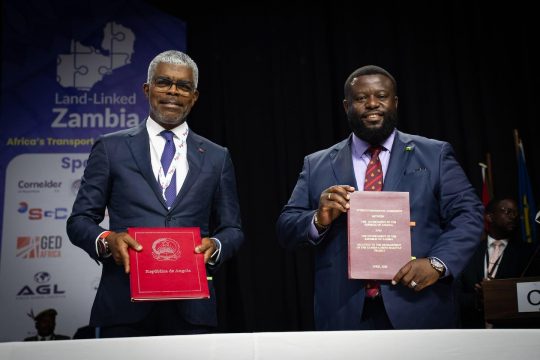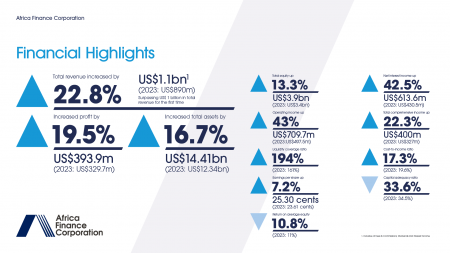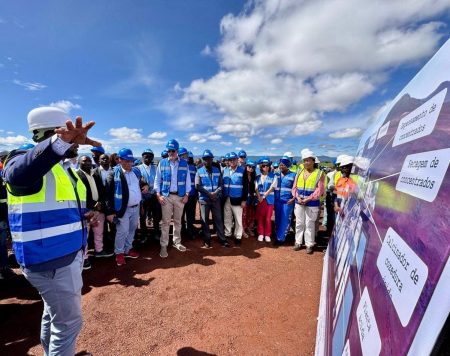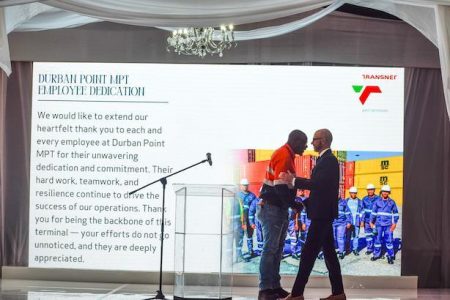This content is for Premium Subscribers only. To view this content, login below or subscribe as a Premium Subscriber.
Related News Articles
2 min
2 min
3 min
3 min
Rovos Rail Collision
22 April 2025
SADC, Zimbabwe
1 min
Traxtion Is Meeting Rail Needs Through Innovation and Sustainability
22 April 2025
SADC, South Africa
3 min
Zambia: Suspension of Passenger Train Services Following a Goods Train Derailment
22 April 2025
SADC, Zambia
1 min
Essential Equipment Starts Arriving at the Cape Town Container Terminal
22 April 2025
SADC, South Africa
1 min
2 min
1 min
Zambia and Angola Sign Landmark Agreement to Advance Lobito–Zambia Railway Project
14 April 2025
SADC, Zambia
1 min
TransNamib Allocated N$320 Million in the 2025/26 Budget
14 April 2025
SADC, Namibia
1 min


